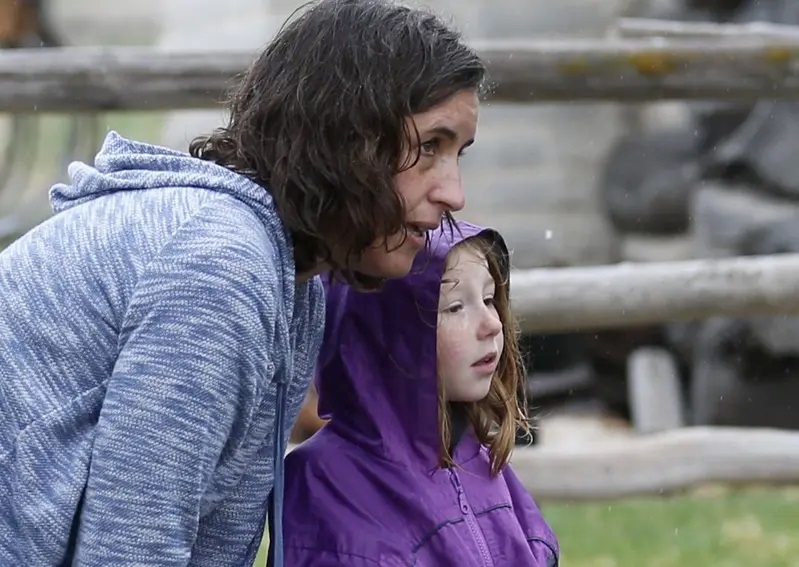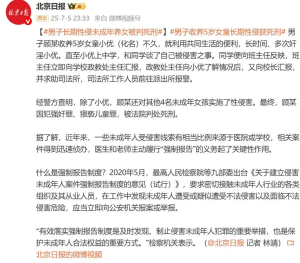Parents of successful children don’t do these four things

Theo Wolf, an educator at Spik Lab, a high school mentoring program, said that in the past decade, he has watched hundreds of students grow into outstanding and confident young people, get admitted to top universities such as Harvard University, Princeton University and Stanford University, pursue their passions, start businesses, develop complex projects, raise funds and win awards.
While mentoring these students, Wolf also had the opportunity to meet their parents; here are four things that the parents of these successful children will never do:
- Do not regard admission to a specific university as the only option for a happy and successful life
Many parents will pin their hopes for their children on getting into elite schools, as if any worse school is unacceptable, and then put all their energy into achieving this goal, starting to prepare for exams and applications early.
Wolf advises parents not to be obsessed with getting their children admitted to any university, but to focus on what you can do: help your children develop the initiative, planning, critical thinking, creativity and communication skills needed for success, which are the qualities that schools and employers are looking for.
- Don’t let others’ behavior influence your child’s behavior
Teens are easily influenced by their peers, but parents are also easily influenced by peer pressure; Wolfe points out that many parents will sign up their children for an activity because of this competitive mentality; but this habit may lead to their children’s qualifications becoming mediocre and unable to develop an independent sense of self-identity.
- Don’t solve all their problems for their children
Many parents choose “Snowplow Parenting” to try to help their children take on difficult tasks or solve the problems they face; Wolfe points out that he has heard many teachers say that they often receive emails from parents complaining about their children’s poor grades or conflicts between students.
Although parents do need to intervene sometimes, before taking action, please ask yourself whether this is something that you need to intervene, because sometimes these problems are actually a great opportunity for your children to learn to express themselves and protect their rights.
- Not protecting children from rejection and failure
Wolf pointed out that Spike Lab’s courses ask students to list key moments in their lives; usually, in addition to moving, transferring schools and other common milestones, the most common key moments listed by students are things like being rejected by the school team. Being rejected or failing can help students re-examine themselves and find the confidence to try again.








